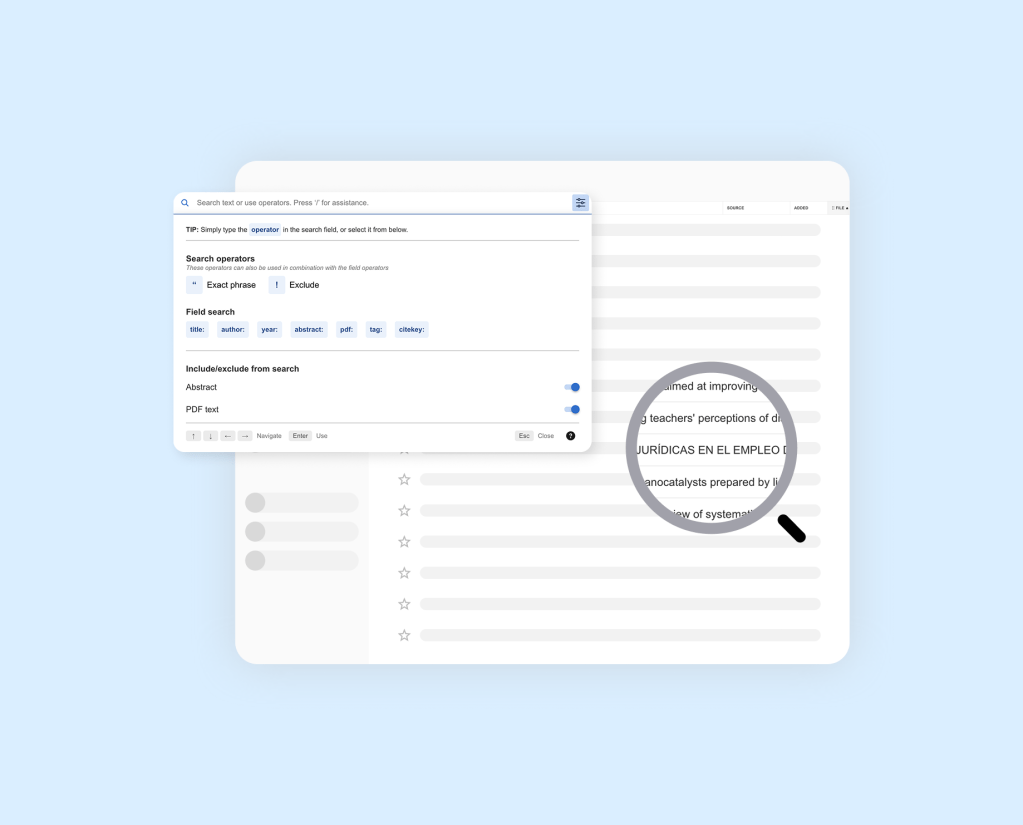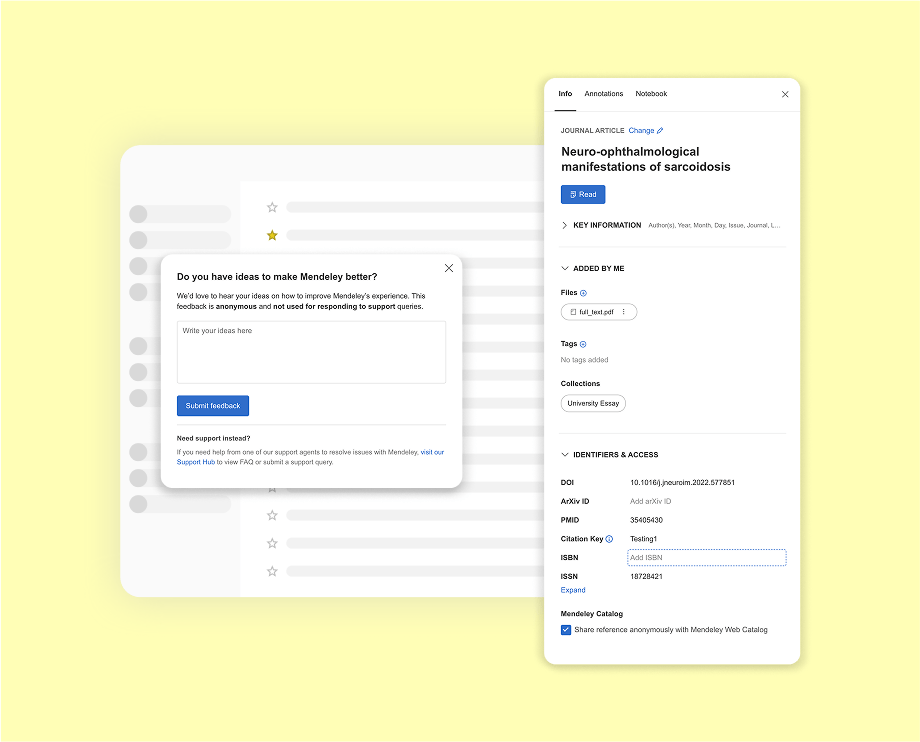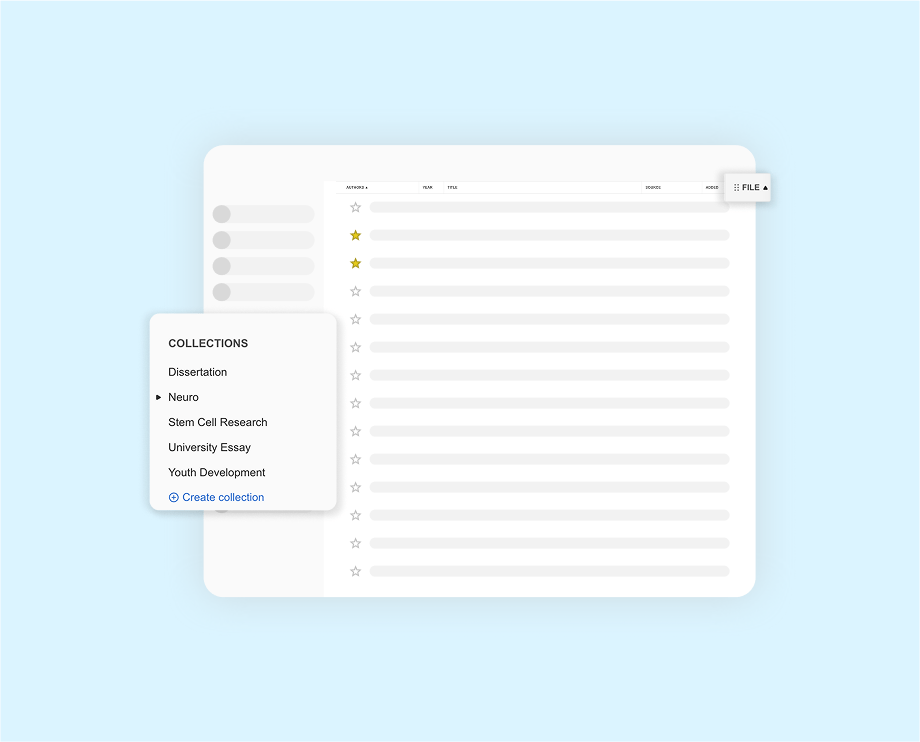Category: Uncategorized
-

Introducing a Smarter Way to Search in Mendeley
Managing your research library just got a whole lot easier. We’re thrilled to announce Advanced Search, a brand-new feature designed to help you locate exactly what you’re looking for in seconds. What is Advanced Search? Advanced Search gives you fine-grained control over how you explore your library. Instead of scrolling through endless lists or relying…
Written by
·
2–3 minutes -

Real-Time Sync is now in Mendeley Cite!
Real-time sync is now in Mendeley Cite! Users no longer have to manually sync their Mendeley Reference Manager library with their Mendeley Cite library to view their newly imported references. Development of the new feature began earlier this year, with gradual updates being implemented over time. Users may have noticed that, in the summer, the…
Written by
·
1–2 minutes -

What’s New in Mendeley: Our Most Recent Releases
We are always working hard at Mendeley to release features that will make the researcher’s life a bit easier. Here we share our most recent releases in Mendeley Reference Manager. The Right Hand Side Panel has a New look! We redesigned the Right Hand Side panel to make it easier to navigate each section. Collapse…
Written by
·
1–2 minutes -

What’s New in Mendeley: Our Most Recent Releases
We are always working hard at Mendeley to release features that will make the researcher’s life a bit easier. Here we share our most recent releases in Mendeley Reference Manager. Save Time with Keyboard Shortcuts It can be hard having to remember all the keyboard shortcuts you can use, and Mendeley Reference Manager (MRM) has…
Written by
·
1–2 minutes -

Mendeley Reference Manager: Tips and Tricks
The new Mendeley Reference Manager has been designed with a huge range of features that simplify your referencing workflow and help you stay organized and fully focused on your research. Here are a few that you might have missed! Organise your library like a pro Save yourself time trying to find the references in your…
Written by
·
1–2 minutes